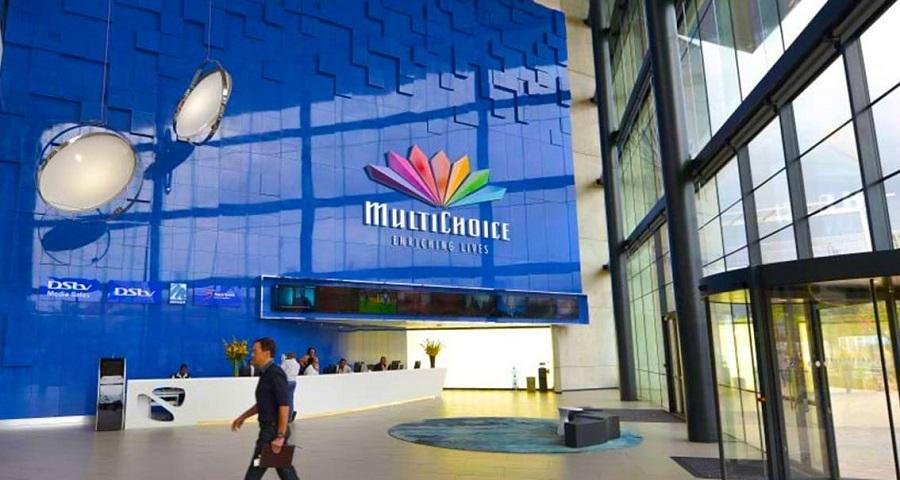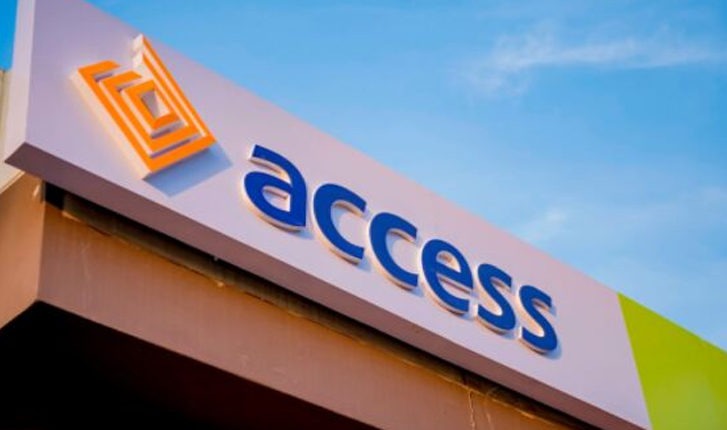Toronto-headquartered shared mobility startup, Plentywaka, which provides hassle-free shared rides on-demand, announced that it has fully acquired Stabus, one of Ghana’s leading mobility startups. This is a step to further Plentywaka’s ambition of building the largest shared mobility platform on the African continent, starting with West Africa.
Following up on the acquisition deal announced today, Stabus will now be known as Plentywaka Ghana, with the mobility platform offering a range of low-cost and premium vehicles, including cars, mini-vans and buses for public transportation. Isidore Kpotufe will become the Country Manager of Plentywaka Ghana and will be joined by the current team of Stabus.
Plentywaka’s acquisition of Stabus comes in the wake of announcing its seed round of $1.2M, only two months after successfully ending the Techstars Toronto Accelerator Program in July 2021. This investment in Plentywaka attracted a wide range of investors from Canada, the United States, China and Nigeria. The Xchange, a Toronto-based fund, led this seed round, while Techstars followed on their previous investment in Plentywaka to participate in the round as well.
Nigerian investment firms who participated in the round include Argentil Capital Partners and ODBA & Co Ventures, an early-stage investor in Kuda Bank. There were also a couple of angel investors from Canada, the US and Africa who also participated in the seed round to give Plentywaka the much-needed boost to continue its impressive growth. Other investors include SOSV, the most active VC globally in the angel/seed deal type and ShockVentures, a VC from the United States.
Plentywaka’s Co-Founder & CEO, Onyeka Akumah said, “Plentywaka’s acquisition of Stabus is a firm statement about our commitment to grow and build the largest shared mobility startup in Africa, one country at a time. Isidore is a brilliant entrepreneur, and we are excited about having him and his team execute our plans for the Ghanaian market as Plentywaka Ghana’s operations commence on the 16th of September in Accra.
“In addition to our work in Ghana, we are also really happy about the progress we’ve made in Nigeria to scale our Dailywaka service that provides bus-stop to bus-stop transportation service for thousands of commuters.
“Today, we have moved close to half a million people, and that’s a credit to my team’s effort, our heroes (a term used to describe Plentywaka drivers) and our investors who continue to believe and support our growth with their investments. With our Travelwaka service, we have been able to cater for interstate travellers across 21 cities in Nigeria, and we are looking to expand to more cities as new bus partners sign up with us.”
Todd Finch, Founder and Managing Partner of The Xchange, the lead investor in the seed round, commented “The Xchange is on a mission to fuel purpose-driven founders with the capital and resources they need to realize the world-changing potential of their ideas. Given Onyeka’s proven track record, his teams’ undeniable thirst for making an impact, and Plentywaka’s impressive growth, we knew this was an opportunity we wanted to invest in.”
With over 25 years of experience in building innovative technology startups, Todd Finch shared, “the Xchange is excited to help Plentywaka accelerate and scale their impact. We are excited to support Onyeka and the team with the resources they need to realize the full potential of their vision to change the African transport ecosystem. We have been most impressed with Plentywaka’s human-centered approach, putting the drivers as the heroes of the story while creating an exceptional passenger experience. We are committed to supporting the vision of Plentywaka, its founders, and its journey for many years to come.”
Also speaking on Techstar’s participation in the Plentywaka seed round, Sunil Sharma, Managing Director of Techstars Toronto, said, “We are incredibly excited by our investment in Plentywaka. Techstars is a huge believer in the future of Africa and a proud supporter of African entrepreneurs. Onyeka is a two-time Techstars founder, which deepens this relationship further.”
Despite suspending its operations for five months in 2020 due to the global pandemic, Plentywaka has still been able to get 960 vehicles registered on its platform and help its riders commute more than 480,000 times in less than two years. According to Onyeka Akumah, expanding into Ghana is just the beginning for the team as it aligns with its Pan-African expansion plan.
He said that Plentywaka is going to replicate its model across six other African countries within the next two years and will be looking for the right kind of investors and partners to join the ‘black and yellow’ movement to provide the best-in-class transportation service connecting cities and communities with technology across Africa.
About Stabus
Stabus was launched in 2019 by its Co-Founder, Isidore Kpotufe who shared that the startup has moved over 100,000 people to Accra, the capital city of Ghana. Their services include daily bus-stop to bus-stop transportation as well as providing staff bus solutions for multinationals like MTN Ghana and GB Foods. Following up on the acquisition deal announced today, Stabus will now be known as Plentywaka Ghana with the mobility platform offering a range of low-cost and premium vehicles which includes cars, mini-vans, and buses for public transportation. Isidore Kpotufe will become the Country Manager of Plentywaka Ghana and will be joined by the current team of Stabus.


 Forex3 weeks ago
Forex3 weeks ago


 Naira2 weeks ago
Naira2 weeks ago
 Billionaire Watch2 weeks ago
Billionaire Watch2 weeks ago




 Naira2 weeks ago
Naira2 weeks ago




 Naira2 weeks ago
Naira2 weeks ago




 Naira1 week ago
Naira1 week ago




 Naira4 weeks ago
Naira4 weeks ago




 Naira3 weeks ago
Naira3 weeks ago











